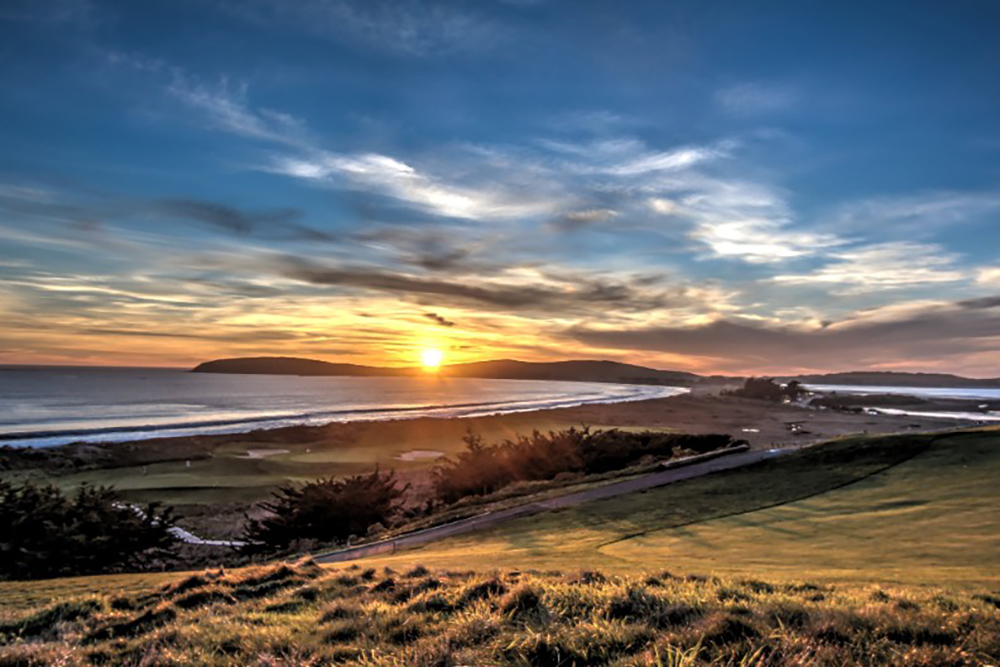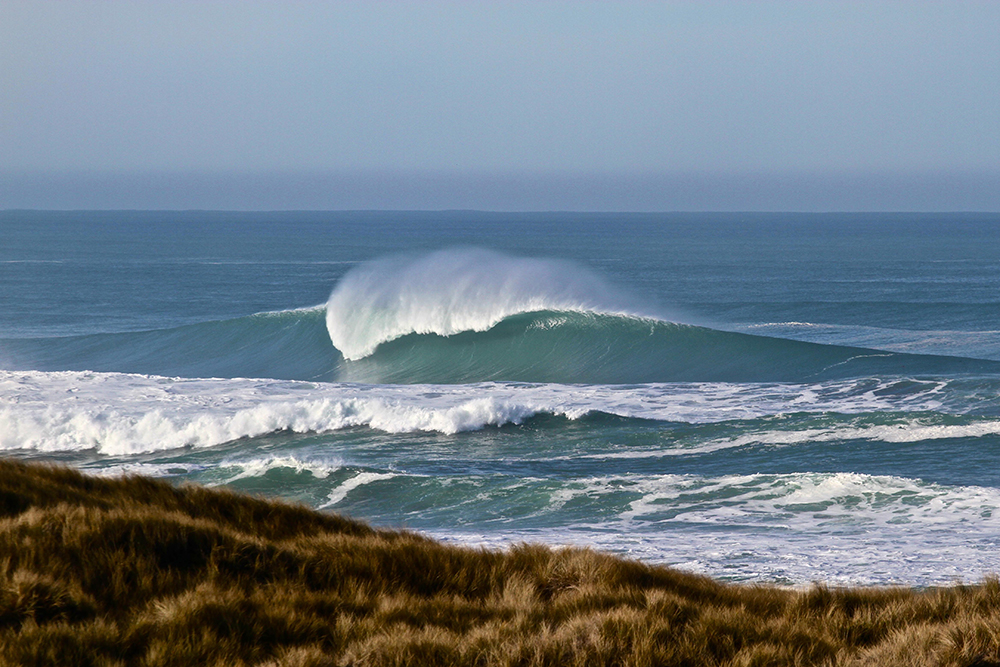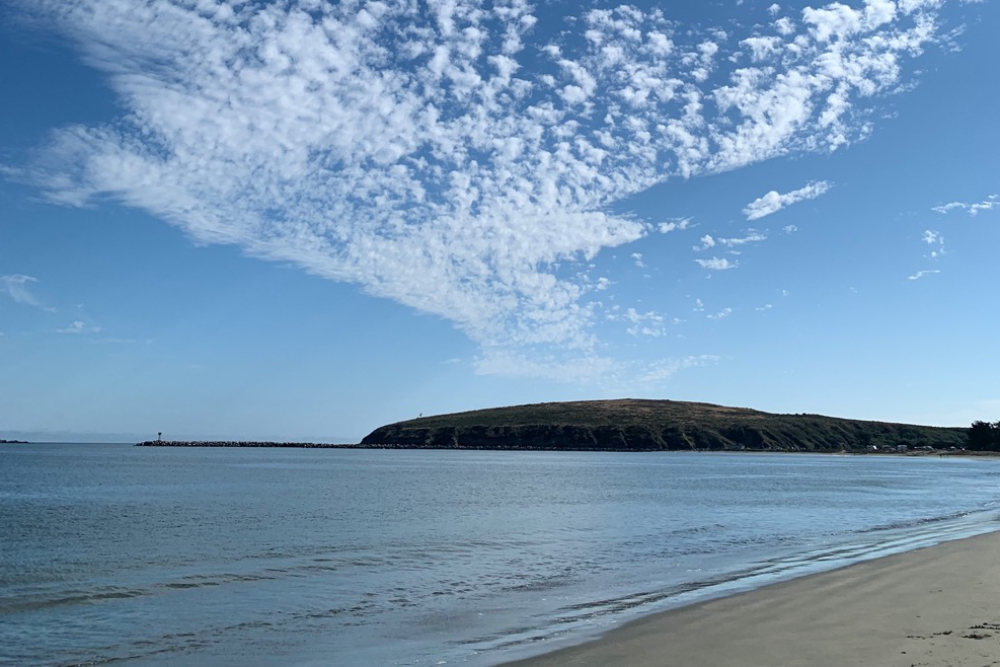Love is in the air—literally. Song birds chorus. Doves coo. Along the northern California coast, ocean-going birds court and breed. Our mission as volunteers for the Seabird Protection Network is to monitor their numbers, nests, eggs, and chicks. But when visitors ask what I’m looking at through my binoculars, I simply say “seabirds in love.”
Seabirds in Love
read more




